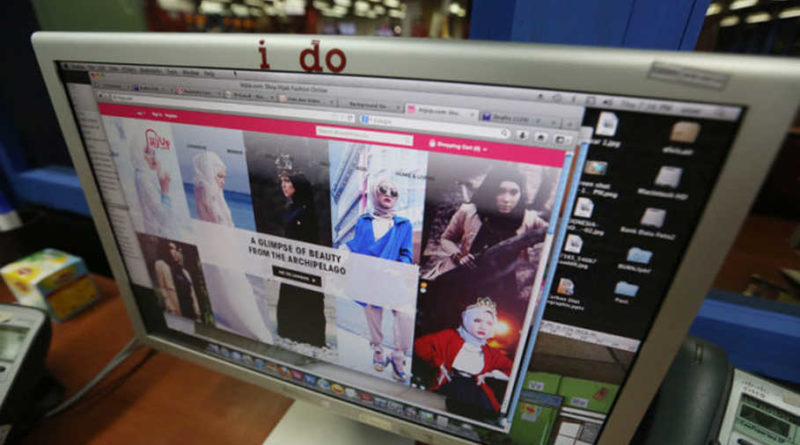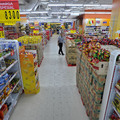TECH: JAKARTA- Indonesia Must Improve Internet Infrastructure to Boost Online Sales of Consumer Goods: Nielsen
.
Jakarta. The growth of e-commerce is set to increase sales of fast-moving consumer goods across the globe, according to a new report by Nielsen Company released earlier this week, but Indonesia must increase investment in internet infrastructure to seize the potential.
In the report titled “Future Opportunities in FMCG e-Commerce,” Nielsen said 39 percent of Indonesia consumers cited unstable or limited internet connections as obstacles to making online purchases.
The global information and measurement firm laid out several key drivers for the growth of FMCG e-commerce, covering aspects such as internet and smartphone penetration, reliability of the postal service and the ease of doing business.
.
– SPACE RESERVE FOR YOUR ADVERTISEMENT –
Nielsen said investment in internet infrastructure is required to boost e-commerce growth in the world’s fourth most populous country, which has more than 143 million active internet users.
While improvements in internet infrastructure are still needed, 36 percent of Indonesian consumers said they had used online shopping services and 35 percent indicated a willingness to shop online.
To tap on this potential, Nielsen said players in the Indonesian market should focus on mobile e-commerce as part of their growth strategy, as smartphone penetration strongly correlates with success in FMCG e-commerce.
“In markets like Indonesia, consumers are leaping straight to mobile e-commerce from traditional trade, largely skipping modern trade and computer-based e-commerce,” the report said.
Nielsen said global sales estimates of consumer goods through e-commerce could reach $400 billion by 2022, with the Asia-Pacific region expected to provide a large portion of these growth opportunities.
Across the globe, online sales of consumer goods are growing four times faster than offline sales, according to Nielsen.
At least 43 percent of consumers in the region are already using e-commerce platforms to have goods delivered to their homes, with a further 15 percent indicating that they were likely to engage in more online shopping if they had better internet connectivity.
The report said South Korea is still in the lead when it comes to e-commerce, with around 18 percent of all fast-moving consumer goods sold online, followed by China, Taiwan and Japan, accounting for 16 percent, 5.6 percent and 5 percent of the market, respectively.
“Developing markets across the region hold much promise for rapid FMCG e-commerce growth in the coming years, as consumers make the leap from traditional to online marketplace,” Nielsen’s lead digital and e-commerce director said in a statement.
Trust remains a critical deciding factor in the increasingly competitive e-commerce sector. Both producers and retailers must ensure that products sold online are authentic and are of good quality, Nielsen said.
Retailers must guarantee secure payment transactions and easy return services, facilitate effective customer services and protect consumers’ data privacy, the agency said. By : Sheany |




 All photographs, news, editorials, opinions, information, data, others have been taken from the Internet..aseanews.net |
All photographs, news, editorials, opinions, information, data, others have been taken from the Internet..aseanews.net | 






